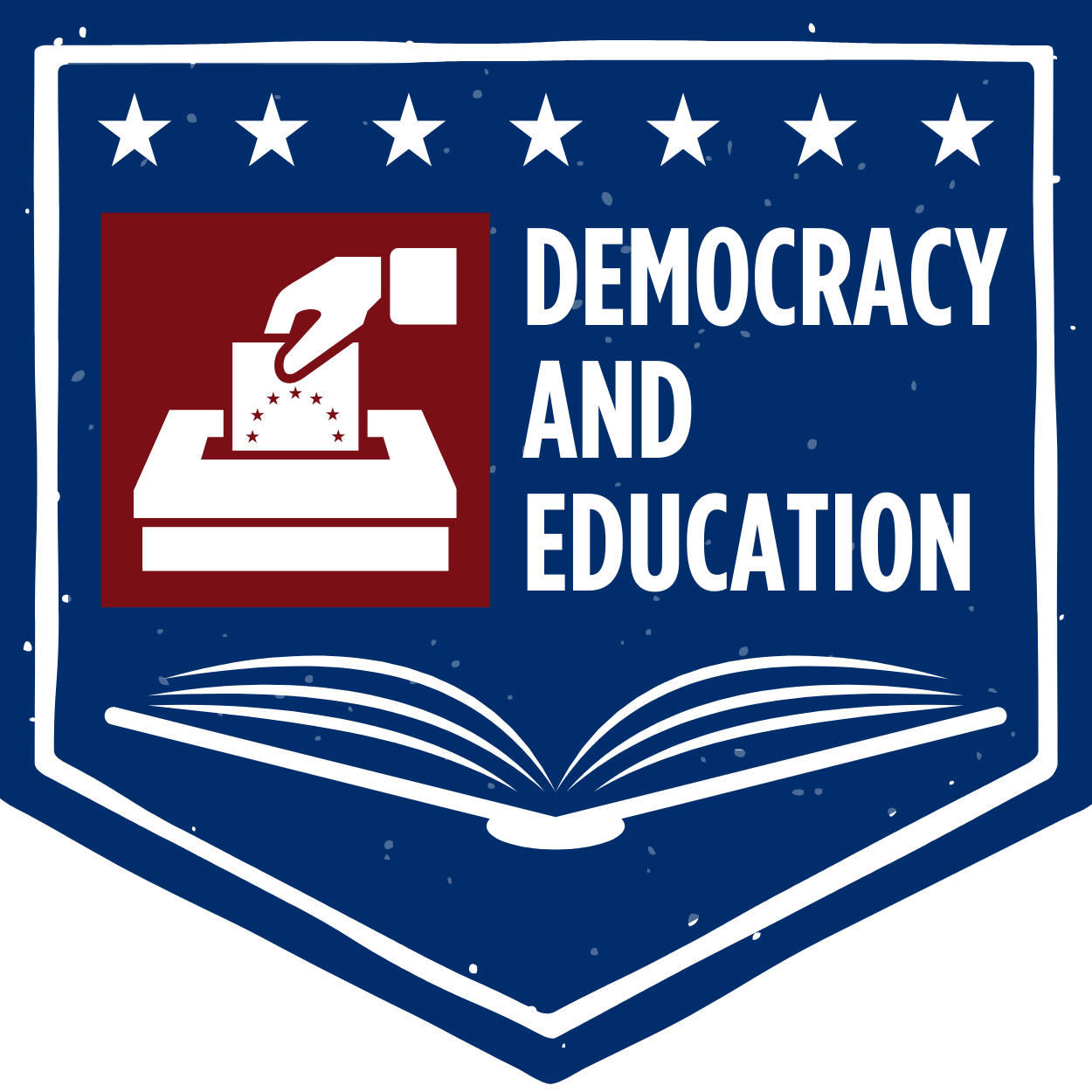Book Bans
What School Board Candidates Need to Know
Photo by Ahmad Ardity from Pixabay
Overview
Over the past two years organized groups have disrupted school board meetings and intimidated educators, claiming that school libraries contain books that are "pornographic" or "anti-white” and demanding their removal. These book banning efforts are really thinly veiled targeting of Black, LGBTQ+, and Latino students that are part of a larger project of undermining confidence in public education and, more broadly, democracy. Americans do not support book-banning. We value and protect free expression and want schools to be respectful and welcoming to all children, no matter what their background. And we do not want a small, vocal minority to restrict students’ access to highly regarded literature, primary source materials, and books that help them make sense of their experiences.
For more, see the one-page briefs on the extremist threat to public schools and what parents and the general public think about public education.
Background
PEN America, (originally Poets, Essayists, and Novelists), has the most definitive report on book banning. Its Index of School Book Bans documented 1,477 instances of individual books banned in the first half of 2023. A small number of districts are responsible for most of the bans, but book banning increased by 28 percent over the same period of time in 2022. In other words, it remains an isolated phenomenon for now, but a group of organizations are working to spread it.
PEN America linked Moms for Liberty to more than half of all the books banned. Moms for Liberty, which began in 2021, claims to simply be standing up for the rights of parents to have a role in the education of their children. But they work to limit the education of all children and advocate using state power to do so. We have been here before. Back in the 1980s, a parent group in Island Trees, New York objected to nine books including Kurt Vonnegut’s Slaughterhouse-Five and Langston Hughes’s Best Short Stories by Negro Writers, calling them “anti-American, anti-Christian, anti-Semitic and just plain filthy.” A group of students sued, saying their First Amendment rights had been denied. The Supreme Court agreed with the students, saying that school libraries are places for “voluntary inquiry” and that “local school boards may not remove books from school libraries simply because they dislike the ideas contained in those books.” Additionally, something on the order of 80 percent of the public opposes book bans. And in May of 2023 the U.S. Department of Education ruled Forsyth County Georgia had violated the civil rights of students by banning and limiting books that had any content referring to homosexuality and the history of LGBTQ+ people.
None of this means that every book belongs on every school’s shelves. School librarians consider age appropriateness when purchasing books, along with whether the books support the academic program of the school and whether the library collection as a whole reflects a wide range of topics and experiences. School librarians are generally required to read all major reviews of the books they buy, and they usually work with a committee consisting of other librarians and other educators.
Questions to Ask District Officials
Do all the schools in the district have librarians or media specialists?
What is the budget for purchasing books?
What standards and processes do librarians use to purchase school library books?
What policies are in place to ensure that all students have access to school and classroom libraries?
The role of the school board
School boards are guardians of students’ right to learn. As part of that, boards should establish policies to ensure that there is a sound process in place that educators use to purchase books; that there is a transparent and understandable process for parents or teachers to question whether a book should be in a school’s collection; and that there is a clear way to communicate results of that process to parents and the community. Possible policies include requiring that those challenging books be either parents or teachers of the children in the school and establishing a standing committee of educators and community members whose members have been trained in First Amendment issues. In addition, no book should ever be pulled from the shelves because a single person objects to it.
Possible Message to Voters
It is the job of schools to provide students with access to books and other materials that reflect a wide range of perspectives and experiences, and no individual or group should be able to limit other people’s children’s access to them.
For More Information:
The American Library Association Bill of Rights says that parents have the right to limit what their children can check out of the library, but not other children. It has a helpful toolbox for library and school boards on how to set up procedures for challenges to books that includes how to review books, how to hold hearings, and how to communicate decisions.
The National Coalition Against Censorship has a book challenge resource center with model policies.
Education Week explained school library purchasing processes, making the point that 10 percent of students go to schools with no librarian and 15 percent of librarians responding to a poll said they had no budget to buy books.

